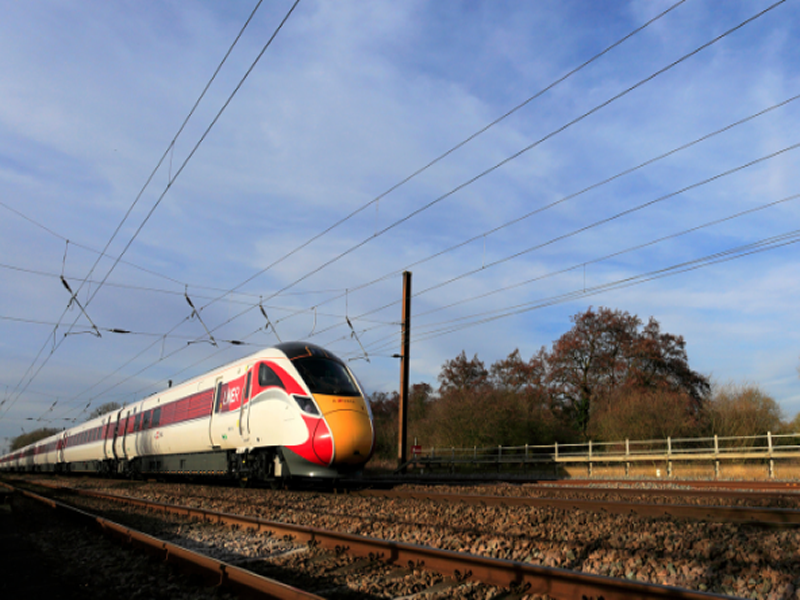
British trade union Rail, Maritime and Transport (RMT) has announced that employees of Hitachi Rail have begun a three-day strike over wages and conditions.
RMT members began the strike on 1 August with the aim of resolving disputes over leave entitlement, shift duration, pay and breaks.

Discover B2B Marketing That Performs
Combine business intelligence and editorial excellence to reach engaged professionals across 36 leading media platforms.
They are seeking an agreement in line with Hitachi members in Doncaster and Hitachi North Pole maintenance.
Hitachi Rail had provided a pay increase of 7.5% during talks, but decided to withdraw paid meal breaks and reduce the working week elements that had been offered.
RMT stated that the company then ‘reinstated them at an avoidance of dispute meeting, but insisted on a reduction in annual leave, with some members facing the prospect (of) losing over 100 paid hours’.
The union members dismissed the offer, saying it was inferior to agreements reached in Doncaster and North Pole.

US Tariffs are shifting - will you react or anticipate?
Don’t let policy changes catch you off guard. Stay proactive with real-time data and expert analysis.
By GlobalDataRMT general secretary Mick Lynch said: “Our members know the value of their work and will not be short-changed by Hitachi Rail.
“Private rail operators need to stop trying to play workers off against one another.
“I congratulate our members on this strong industrial response and RMT will support further stoppages until they receive a just settlement.”
In a separate development, members of the Associated Society of Locomotive Engineers and Firemen (ASLEF) have called for a one-day strike on 13 August at nine train companies over wages.
ASLEF members held a strike this Saturday at seven companies for the same reason.
ASLEF general secretary Mick Whelan said: “With inflation running at north of 10%, that means those drivers have had a real-terms pay cut over the last three years.
“We want an increase in line with the cost of living – we want to be able to buy, in 2022, what we could buy in 2021.”





